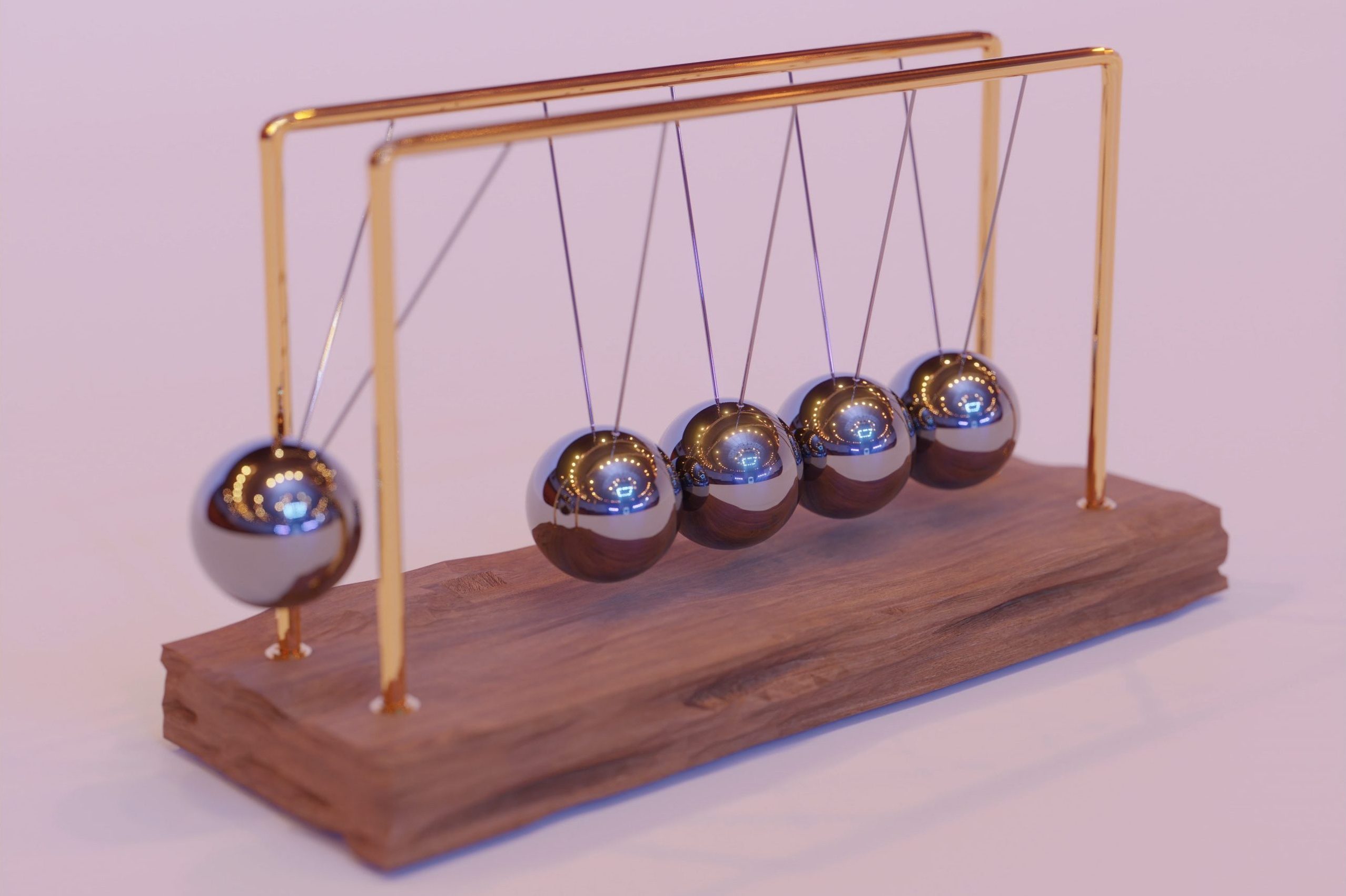Data Science Lab
Teacher in charge: Prof. Luigi Salmaso
Laboratory of data analysis from real case studies through the MINITAB software: descriptive analyzes, regression models, design of the experiments. Preparation of a personal report from a case study and presentation in powerpoint format or other interactive mode.
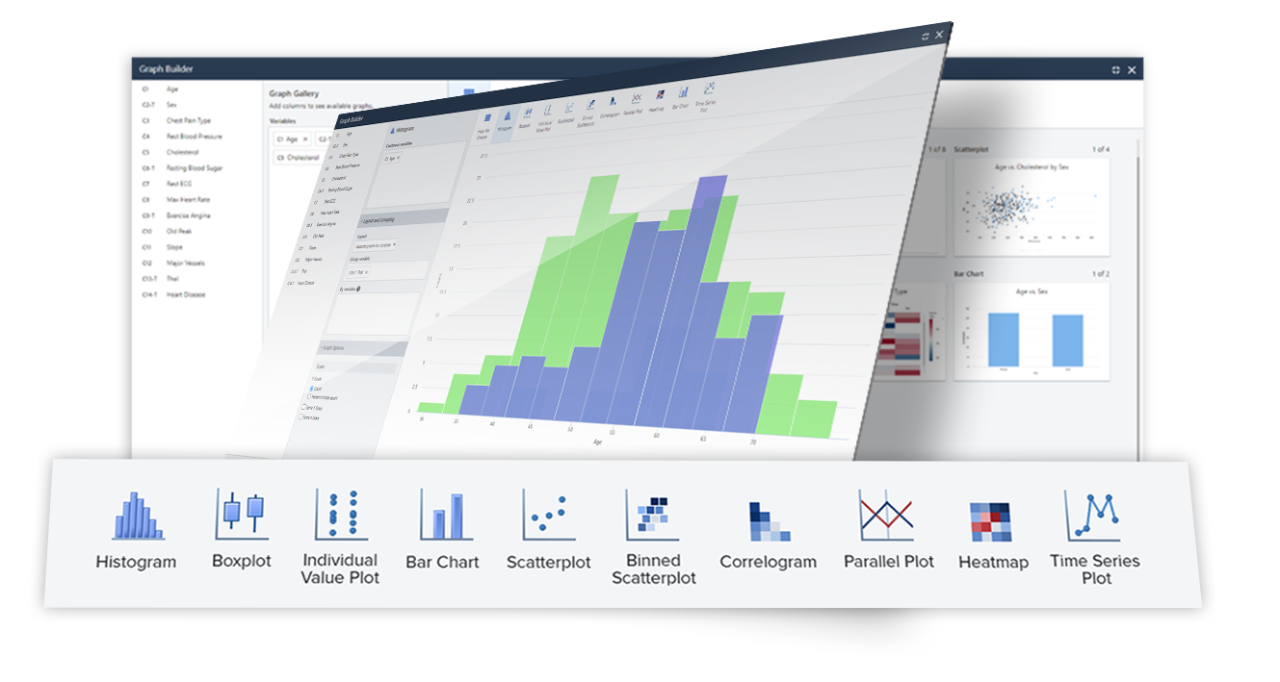
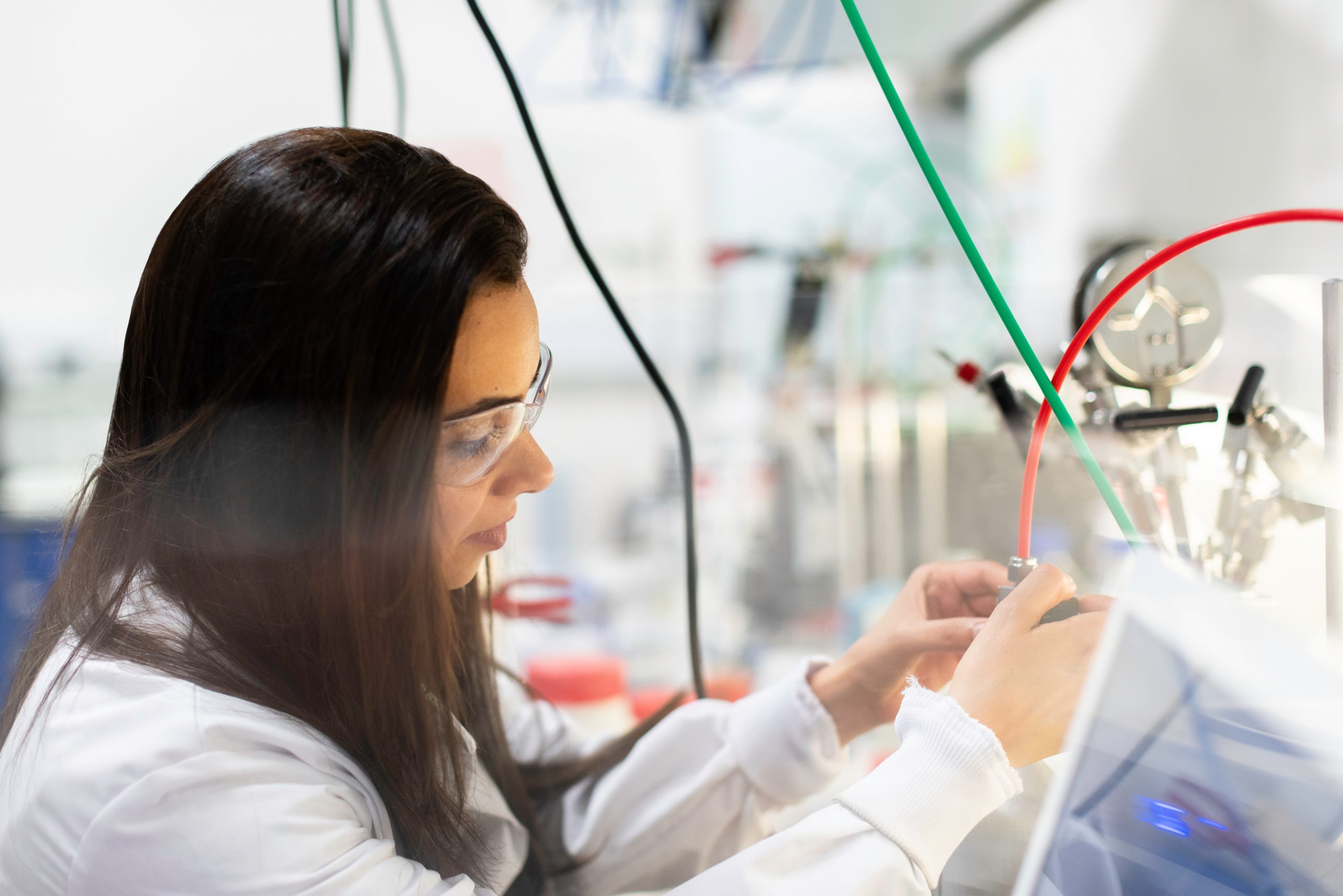
Process Engineering Lab
Teacher in charge: Prof. Matteo Strumendo
Instrumental Analysis and Process Instrumentation Lab
Teacher in charge: Prof. Martina Roso
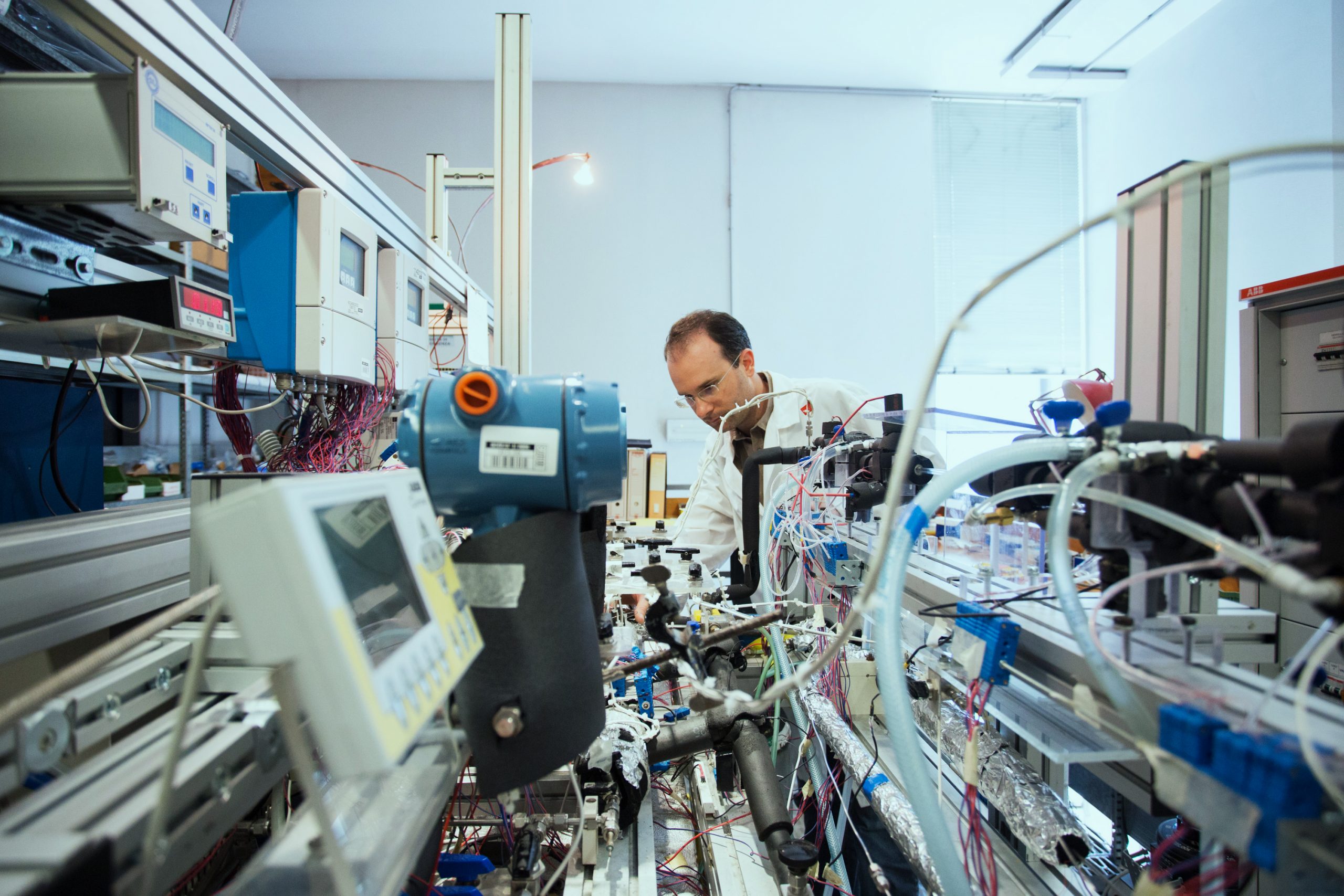
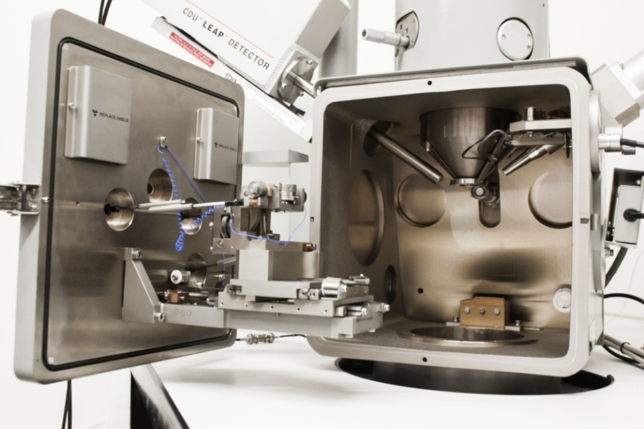
Materials Characterization Lab
Teacher in charge: Prof. Irene Calliari
During the workshops, students will prepare samples of the most common metallic materials (cast iron, steel, aluminum alloys and titanium) using metallographic techniques and will observe them under an optical microscope. They will also carry out mechanical tests such as micro-hardness tests, and will observe the operation of other important characterization tools such as the scanning electron microscope (SEM) with EDS probe and the X-ray diffractometer (XRD), using exemplary samples.
Numerical Analysis Lab
Teacher in charge: Prof. Michela Redivo Zaglia
The students will become familiar with the Matlab programming environment. Many of the basic methods of Numerical Analysis illustrated during the lessons will be used in order to show their actual use and their potential. Numerous exercises to be carried out in Matlab will be proposed to the students to integrate their learning. At the end of the course they should be able to pass a test that is an integral part of the final exam and be able to apply the methods presented on real examples.
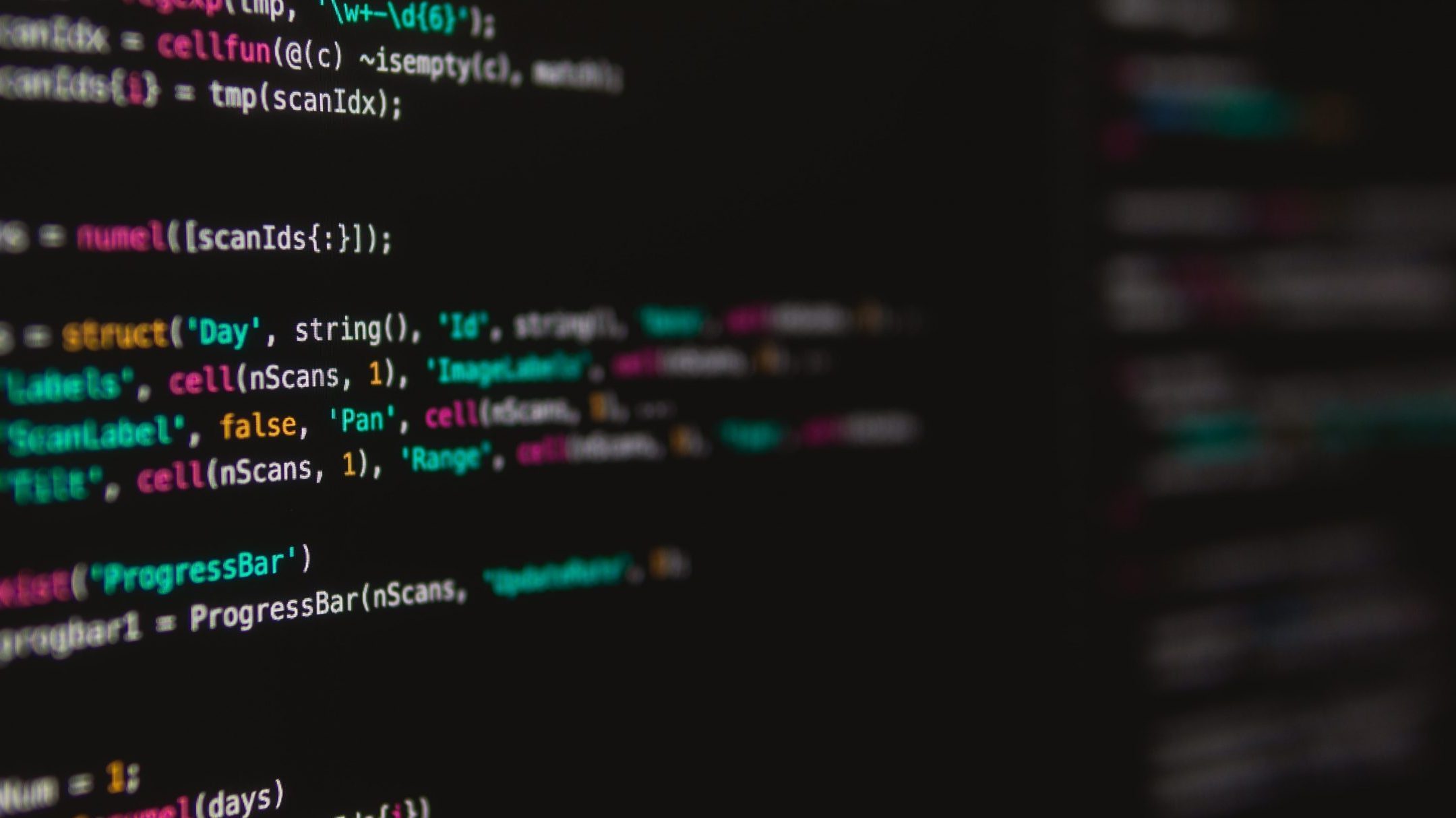
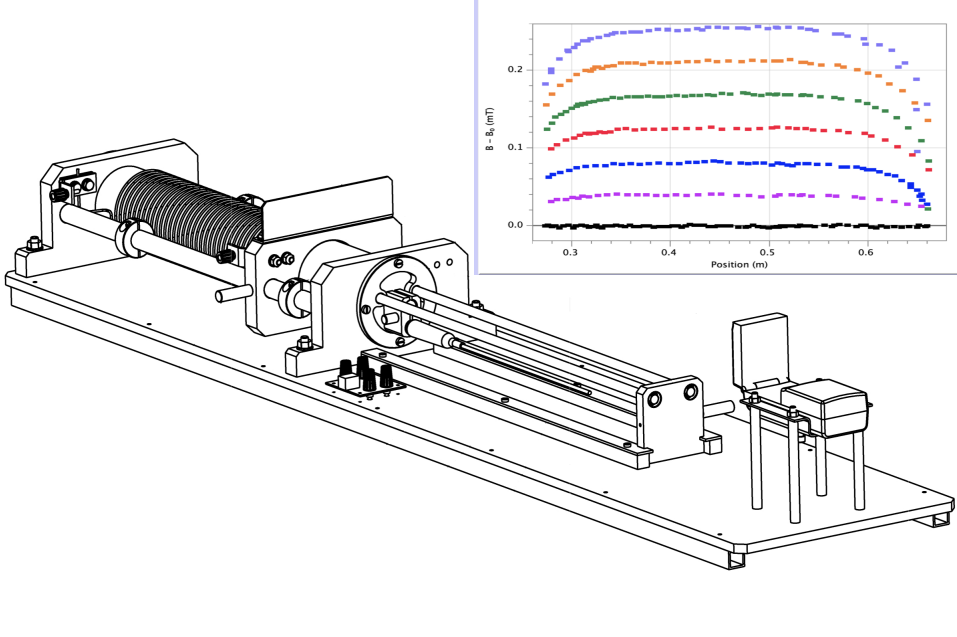
Physics Lab 2
Teacher in charge: Prof. Paolo Sartori
The laboratory consists of 3 experiments related to the topics covered in class, with the application of the theory of errors studied in Physics 1, using a computer with predisposed programs:
- application of the Volt-amperometric method, measurement of an internal resistance of a generator and study of the characteristics of an RC circuit, using the LABPRO software and prepared circuits.
- measurement of the characteristics of the Magnetic Field in a short solenoid using a Hall probe.
- measurement of the wavelength using a diffraction grating for transparency, illuminated with the light of a Cadmium lamp.
Physics Lab 1
Teacher in charge: Prof. Pietro Giubilato
